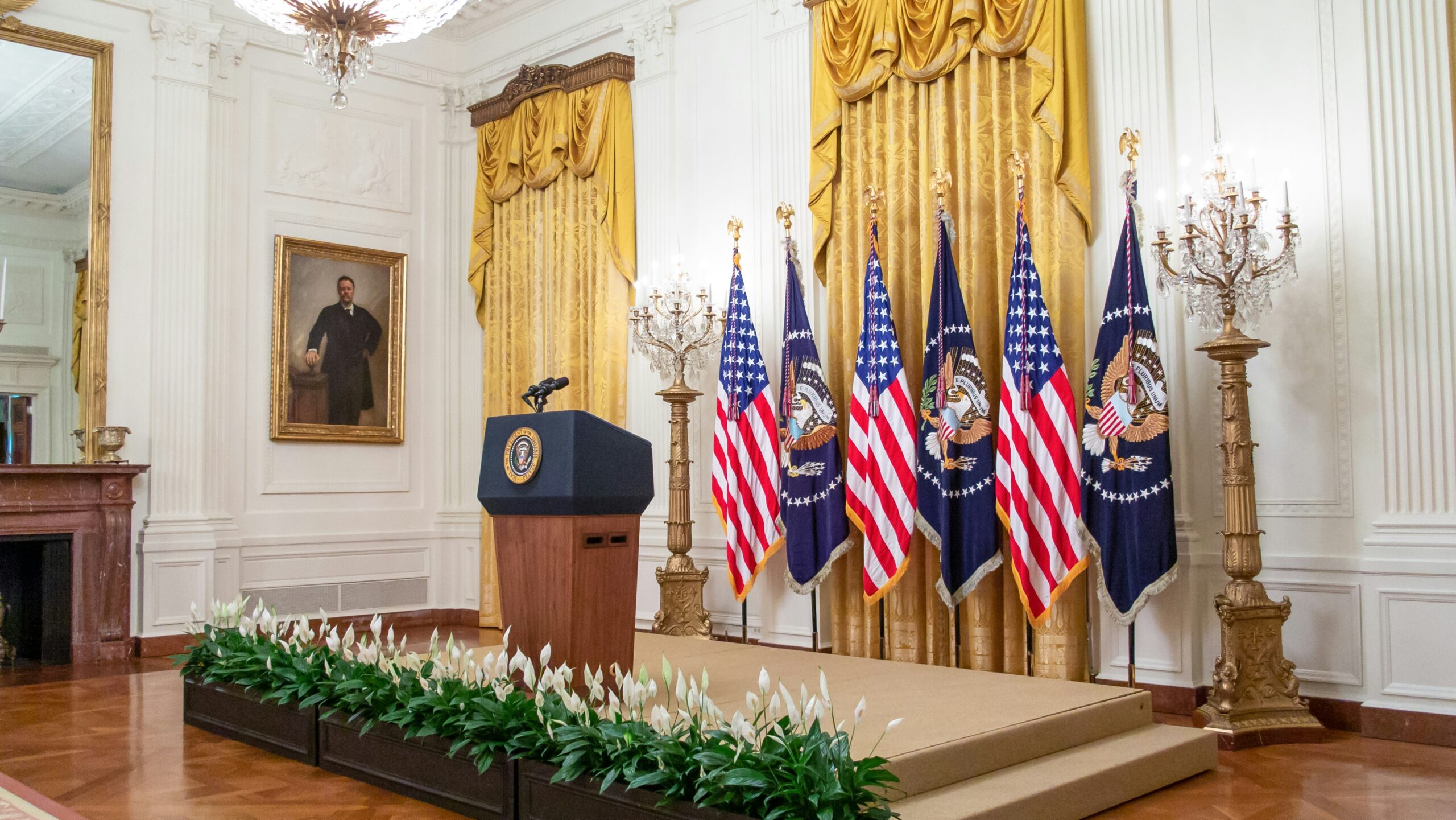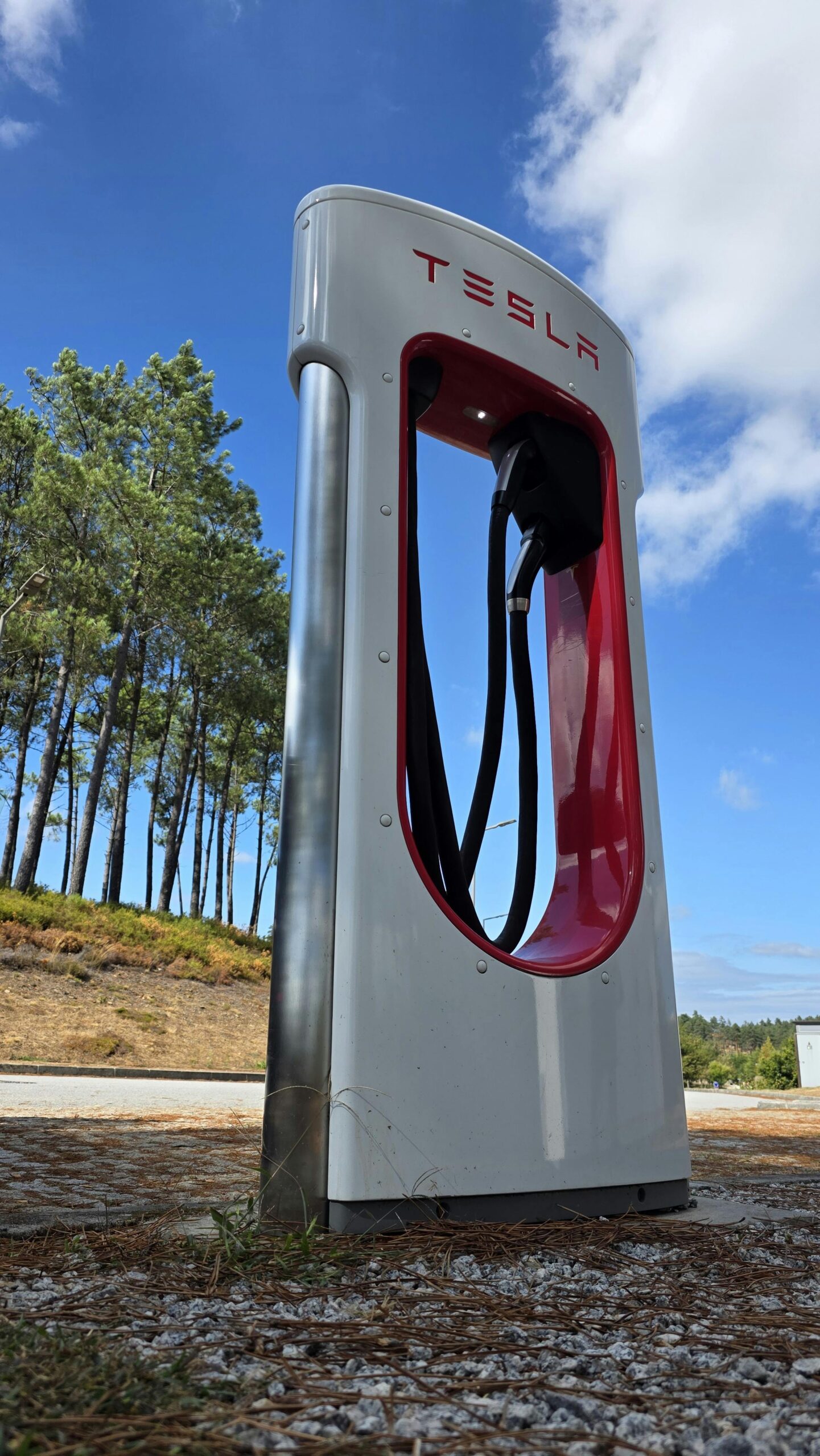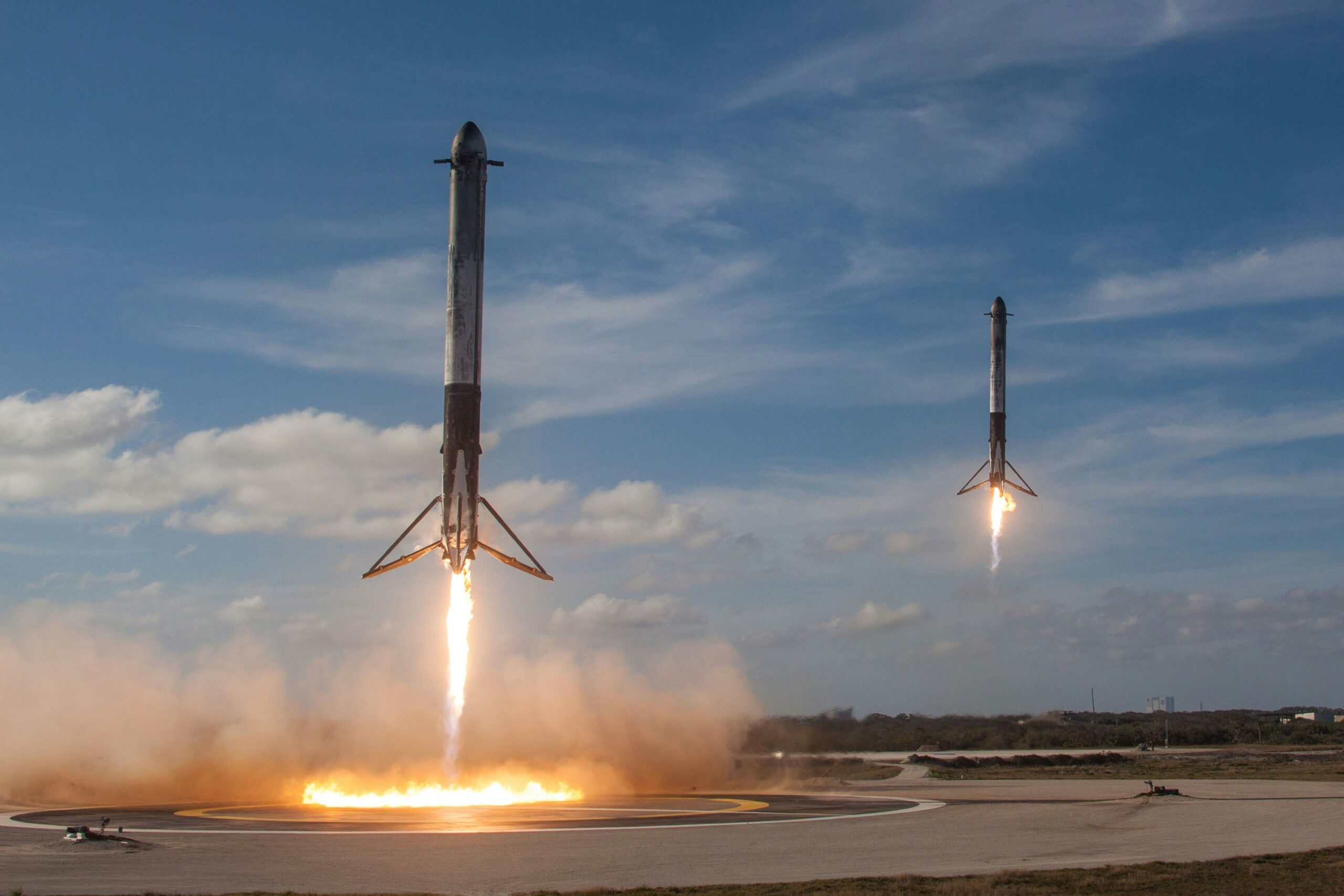Image credit: Unsplash
In early June, Tesla stockholders will cast their votes on a $56 billion compensation deal that Tesla’s Elon Musk was awarded in 2018. Previously nullified by a Delaware judge earlier this year, the package holds the potential to be the largest in U.S. corporate history and could spark a rising broader trend of increased executive pay across varying firms.
The median total CEO compensation saw a spike from 2022 to fiscal 2023, significantly impacting companies with revenues over $1 billion. CEOs in the S&P 500 earning over $50 million have also grown recently. The trend extends to smaller companies as well. The influence of Musk’s 2018 compensation deal on these trends is a topic of debate. Greg Varallo, the lawyer representing Tesla shareholders who sued to void Musk’s package, described the deal as a “wild outlier” that significantly skewed average compensation data.
Varallo observed a rapid acceleration in CEO pay packages following the approval of Musk’s deal. However, James Reda, managing director for Gallagher’s executive compensation consulting practice, suggested that while Musk’s package did skew average data slightly, it did not have a widespread impact because of its unique structure. Experts note that situations like these aren’t unfamiliar with cases in 2001 and 2006 that prove the trend of substantial executive pay has been long-standing.
The upcoming vote on Musk’s pay package is uncertain. Some shareholders have expressed opposition, and further legal complications could arise even if the package is reapproved. The original 2018 deal was designed to compensate Musk only if Tesla achieved specific market capitalization and operational milestones and if he remained in a leadership role. In January, a Delaware judge invalidated the deal based on a conflict of interests with Tesla’s board and insufficient public disclosure.
To address these issues, Tesla has formed a single-member special committee. Led by independent director Kathleen Wilson-Thompson, the committee member is tasked with evaluating Musk’s pay package. While aiming to be thorough, the effort still needs to be bulletproof in preventing shareholder lawsuits in the future. Legal experts predict that Tesla could face new challenges in Delaware courts regardless of the outcome of the vote.
Among Tesla’s and Musk’s many headline-making developments, the company has also proposed moving its incorporation from Delaware to Texas, following Musk’s suggestion after the Delaware judge voided his pay. Tesla’s board chair, Robyn Denholm, emphasized the need to incentivize Musk’s continued leadership, arguing that he has not been compensated for his work over the past six years despite significant contributions to the company’s growth.
Legal experts remain divided on the potential outcomes of Tesla’s re-vote and subsequent legal battles. Marc Steinberg from Southern Methodist University Dedman School of Law and Jerry Comizio from American University’s Washington College of Law foresee further shareholder derivative and class-action lawsuits. Steinberg and Comizio express that the substantial financial stakes will likely attract legal scrutiny. Meanwhile, Lamm contends that superstar founders like Musk, Bezos, and Jobs historically receive less scrutiny for their compensation packages. He argues that finding comparable data for someone like Musk is challenging, making traditional peer reviews less applicable.
The potentially historic re-vote could be affected by additional disclosures deriving from the SEC’s Tesla proxy filing review. While business courts have the discretion to address inequities between companies and shareholders, they ultimately cannot simply reject executive pay amounts. As Lamm notes, there comes a point where courts must acknowledge that a company has fulfilled its disclosure obligations, even if the compensation figures remain controversial.





























































































































































































































































































